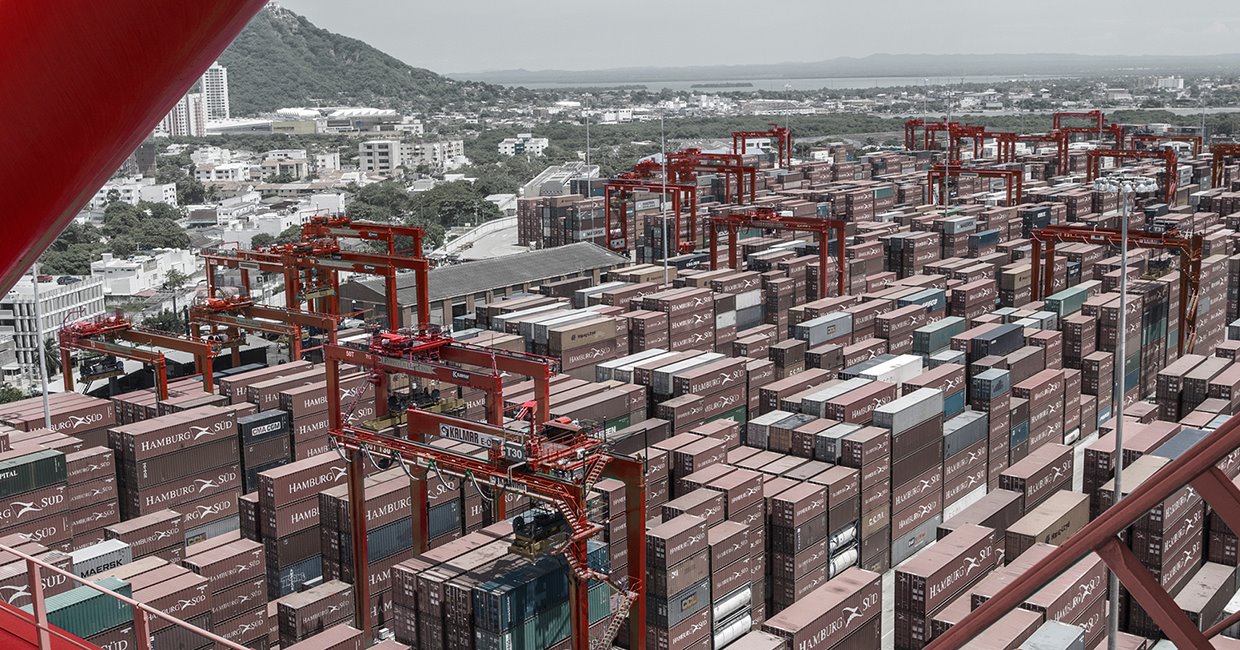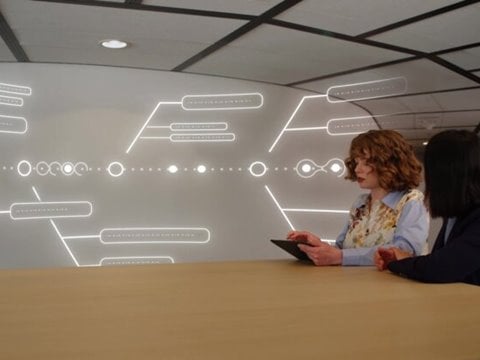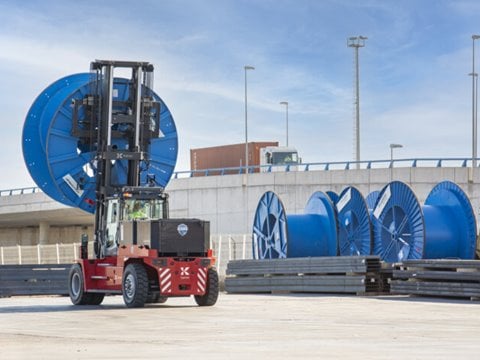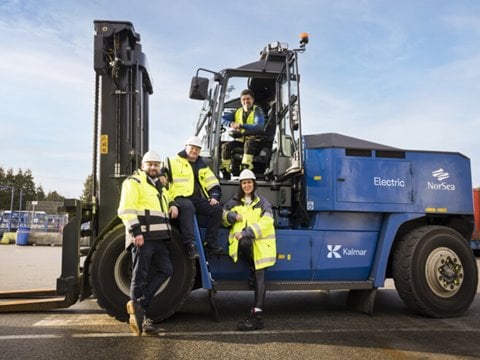
Digitalisation – incremental development or disruption?
Over the past few years, we have seen the reshaping of many business models that have existed for centuries. If this sounds like an exaggeration, just think of what is going on in the media and in retail trade. Yes, Amazon.com is a bookstore, but a very different kind from the mortar and brick shop down the street.
We are currently dealing with one of the most important paradigm changes ever in how knowledge accumulates. The last time we saw such a profound change in the systemic model of information processing was with the invention of the printing press in the 15th century. And before that? When writing itself was invented.
In short, digitalisation has brought about a non-linear change in how human knowledge develops. It comes with a quite a bit of hype – not least when talking about the industrial Internet – but the potential is there. Or, to be more exact, it is here. Now.
Change on every level
Digitalisation is changing businesses on every level. The capacity to have deeper real-time understanding of your customers’ needs is an opportunity to grow and to create added value. But does this inevitably lead to an industry disruption? Is digitalisation a revolution or evolution?
In short, it is both. In many industries, the first effects of the current networked digital world were felt a decade or two ago. Most of the time, we just called it evolution and went about our business. Sometimes, though, there is a clear moment of disruption; a singularity point at which the rules of the game change. A new player comes into the industry and wipes the slate clean with a totally different way of doing things. Maybe it’s a global online retail model, or a cloud-based infrastructure that leaves others in the field playing catch-up. Examples abound across the spectrum.
Does this apply to heavy industries, too?
In a word, yes. The effects of digitalisation are felt at every level of the supply and value chain. What affects retail trade affects shipping companies, which affects terminal operators, which affects port equipment manufacturers.
The same paradigm change in how knowledge is processed is also causing disruption in the heavy equipment manufacturing business. The rules of the game are changing – it just might take longer. Our clients – and yours – are all dealing with the same transformational forces in their own businesses. It’s a systemic phenomenon.
The bottlenecks are gone
Technology itself is not the disruption. The point is that this is a disruption enabled by technology. The change is happening now. We already have more than enough tools for processing, storing and transferring information on an almost unimaginable scale. If you think your industry will only face disruption when the data processing becomes cheap enough, you’d better hurry, because it already is. The bottlenecks are gone and computer science marches forward.
In the midst of all this, it’s easy to misjudge what is really significant and what is mere hype. As far back as three years ago. I got a good question in Port 2060 about 3D printing and I gave a somewhat skeptical answer. I may have been analytically right, but completely wrong in understanding the speed of development. In my opinion, this speed is due to millions of passionate, bright individuals who see opportunity – some in research, some in development but many also in how to apply it in business – like printing human spare parts, which is already reality.
If you’re still waiting for some new technology to arrive, you’re already on the way out. Whether we call it evolution, revolution or something else, digitalisation is real, and it’s here, now.
Time to act.
Related articles
Further reading
Subscribe and receive updates in your email
Subscribe










